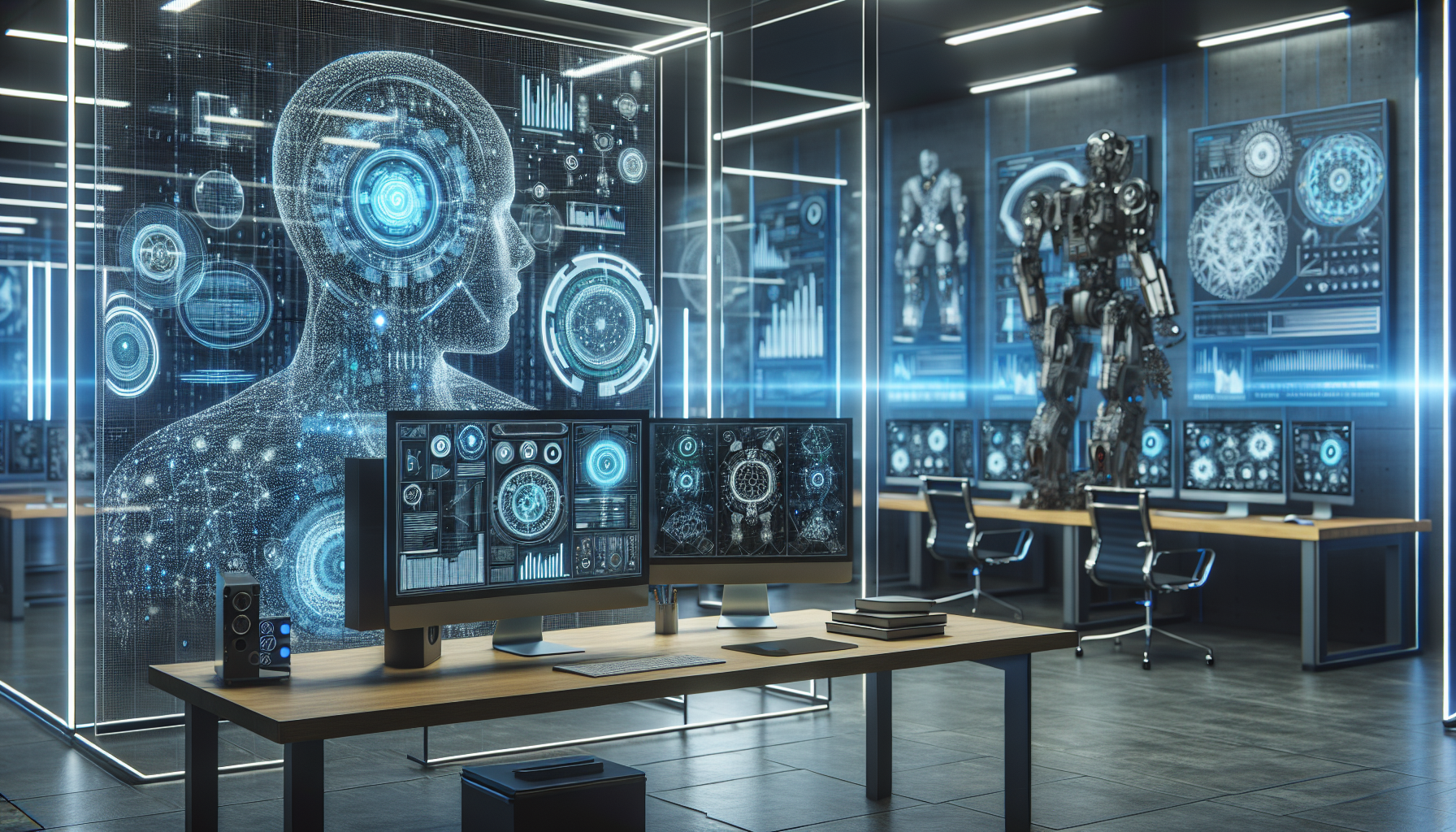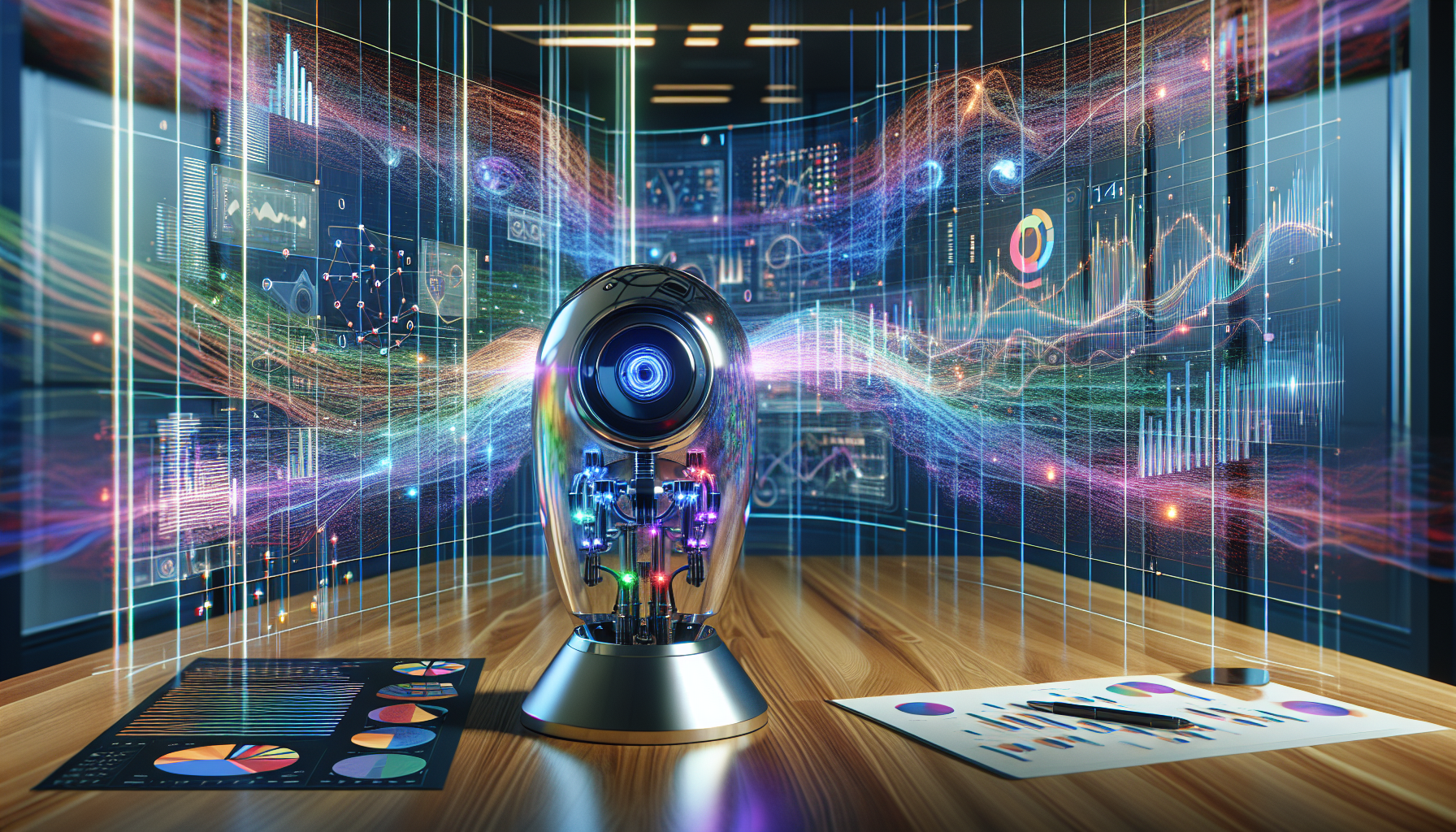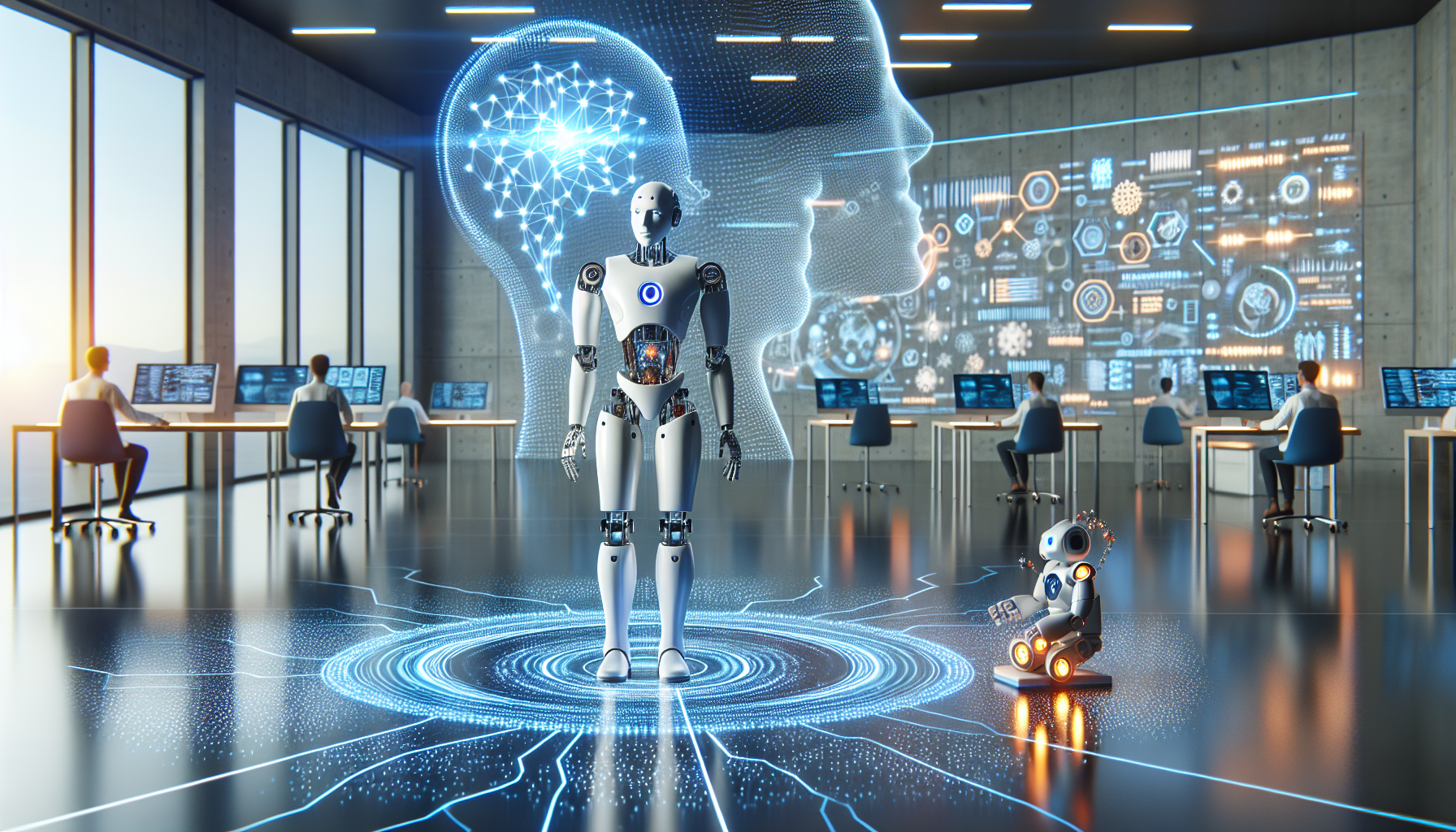
The Evolution of Artificial Intelligence: From Concept to Reality-A Critical Comparative Analysis
September 30, 2025
Artificial intelligence, once a futuristic notion confined to the realms of science fiction, has morphed into a formidable force reshaping industries and daily life. The journey from abstract theories to tangible innovations is rife with both triumphs and tribulations. By examining AI's evolution through a critical lens, we can uncover the stark contrasts between its conceptual roots and its current applications, questioning whether the reality has truly lived up to its grandiose promises.
In its infancy, artificial intelligence was a captivating idea—a quest to imbue machines with human-like cognitive abilities. Early pioneers laid the groundwork with algorithms and theoretical models, dreaming of machines that could think and learn autonomously. However, these early aspirations were met with considerable skepticism. Critics doubted whether machines could ever replicate the intricacies of human thought, a sentiment that lingered for decades. Fast forward to today, and AI has not only silenced many skeptics but has also raised new concerns about its implications.
Comparing the initial concept of AI with its modern incarnations reveals an intriguing dichotomy. Initially, AI's promise was centered on replicating human intelligence holistically. Yet, contemporary AI systems often excel in narrow tasks—playing chess, recognizing faces, or translating languages—rather than exhibiting the generalized intelligence originally envisioned. This specialization, while impressive, highlights a fundamental deviation from the original goal. The inability to achieve general AI has sparked debates within the scientific community about the feasibility and ethics of pursuing such an objective.
The proliferation of AI technologies in everyday life presents another layer of complexity. While AI has undeniably enhanced productivity and efficiency, it has also introduced significant challenges. The automation of jobs has sparked fears of widespread unemployment, raising questions about the societal costs of embracing AI. Moreover, the integration of AI into critical sectors like healthcare and criminal justice has exposed vulnerabilities. Biased algorithms and opaque decision-making processes have led to calls for greater transparency and accountability—a stark reminder that technological advancements must be tempered with ethical considerations.
Further complicating the narrative is the geopolitical dimension of AI development. Nations around the world are engaged in a fervent race to achieve AI supremacy, driven by both economic and security incentives. This competition has ignited concerns over technological dominance and its potential to exacerbate global inequalities. The pursuit of AI as a strategic asset has intensified debates over data privacy, surveillance, and the balance between innovation and regulation. The global AI landscape is thus a complex web of competing interests and ethical dilemmas, reflecting the multifaceted nature of its evolution.
While AI's trajectory has been marked by substantial progress, it is crucial to acknowledge the hurdles that remain. The ethical quandaries surrounding AI are far from resolved. Can we develop AI systems that are free from bias and capable of ethical decision-making? The question looms large, as incidents of algorithmic discrimination continue to surface. Addressing these issues requires a concerted effort from technologists, policymakers, and ethicists to ensure that AI serves humanity's best interests.
Moreover, the disparity between AI's potential and its current limitations underscores the need for a recalibration of expectations. The public's perception of AI often oscillates between exaggerated fears and unrealistic optimism. Bridging this gap demands a nuanced understanding of AI's capabilities and constraints. It also necessitates a critical examination of the narratives that surround AI, challenging both the hyperbolic claims of its proponents and the dystopian fears of its detractors.
As we stand at the crossroads of AI's development, one must ponder the direction it should take. Will the future of AI be defined by the pursuit of general intelligence, or will it continue to thrive in specialized domains? What ethical frameworks will guide its evolution, and how can we ensure that its benefits are equitably distributed? These questions are not merely academic; they are vital to shaping a future where AI acts as a force for good rather than a harbinger of unintended consequences.
In reflecting on the evolution of artificial intelligence, we are reminded of the delicate balance between ambition and caution. The journey from concept to reality is a testament to human ingenuity, yet it also serves as a cautionary tale about the complexities of technological progress. As AI continues to evolve, the responsibility lies with us to navigate its course wisely, ensuring that it aligns with our values and aspirations. The dialogue surrounding AI's future is an invitation to engage critically and thoughtfully, a challenge that demands our collective attention and action.


